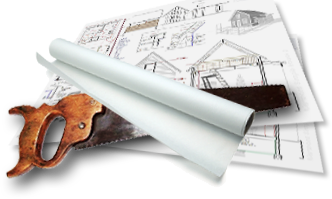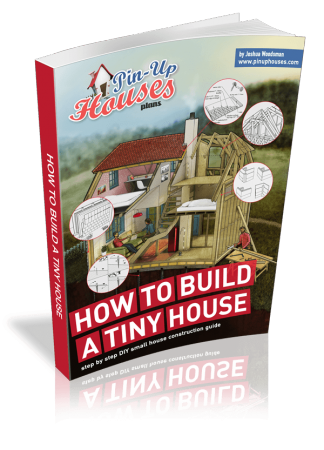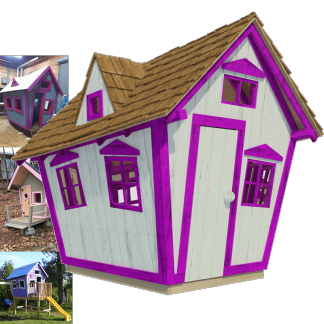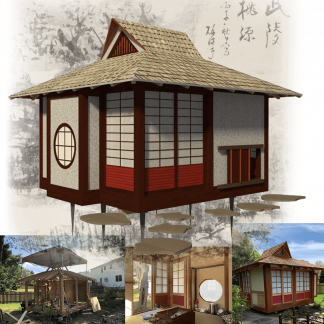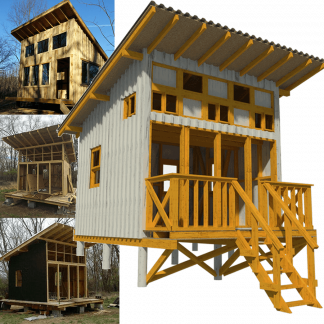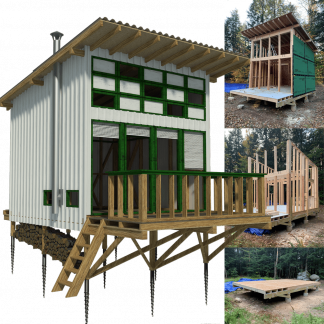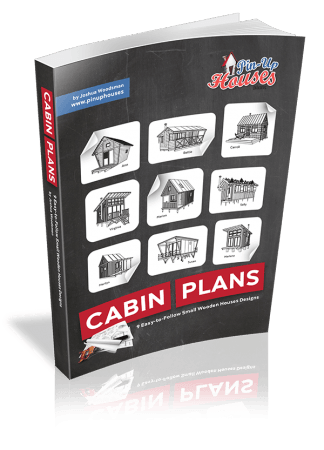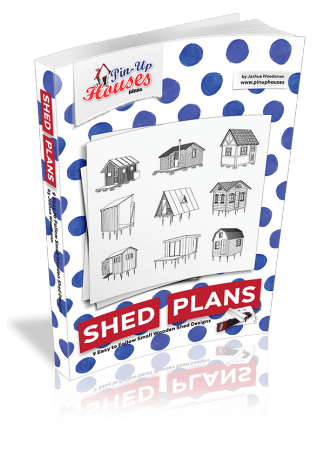When temperatures drop, the risk of pipes freezing becomes a significant concern for homeowners. Frozen pipes can burst, leading to costly repairs and potential water damage. Here are some essential tips from the experts at Heavenly Heat Inc. to help prevent your pipes from freezing this winter.
Insulate Your Pipes
One of the most effective ways to prevent your pipes from freezing is to insulate them. Pipe insulation is relatively inexpensive and easy to install. Focus on pipes in unheated areas such as basements, crawl spaces, attics, garages, and exterior walls. Foam pipe insulation sleeves are a popular choice, but you can also use heat tape or heating cables for extra protection in particularly cold areas.
Insulation for Outdoor Pipes
Don’t forget to insulate outdoor pipes, such as hose bibs and sprinkler lines. Disconnect and drain hoses before winter to prevent freezing. You can also install insulated faucet covers to protect outdoor spigots.
Seal Gaps and Cracks
Cold air can easily seep through small gaps and cracks around your home, especially near pipes. Inspect areas where pipes enter or exit your home, and seal any openings with caulk or spray foam insulation. Pay particular attention to areas around windows, doors, and the foundation. By sealing these gaps, you can prevent cold drafts from reaching your pipes and reduce the overall heating costs in your home.
Keep Your Home Warm
Maintaining a consistent indoor temperature is crucial for preventing frozen pipes. Set your thermostat to at least 55°F (13°C) even when you’re away from home. This will ensure that your home stays warm enough to keep the pipes from freezing. If you have a programmable thermostat, consider setting it to maintain a higher temperature during the coldest parts of the day and night.
Open Cabinet Doors
Pipes located under sinks and in cabinets can be vulnerable to freezing if they’re enclosed in cold areas. Opening cabinet doors allows warm air to circulate around the pipes, reducing the risk of freezing. This is especially important in kitchens and bathrooms where pipes are often located along exterior walls.
Allow Faucets to Drip
Allowing your faucets to drip slightly during extreme cold can prevent pipes from freezing. When water flows, even at a trickle, it helps to relieve pressure in the pipes, which can prevent them from bursting. Focus on the faucets farthest from where water enters your home, as these are most susceptible to freezing.
Drain Water Systems When Traveling
If you plan to be away from home for an extended period during the winter, it’s a good idea to drain your water system. Shut off the main water supply and open all faucets to allow the water to drain out. Don’t forget to flush the toilets and drain appliances like dishwashers and washing machines. This step will minimize the risk of frozen pipes while you’re away.
Use Pipe Heating Cables
In areas prone to extreme cold, consider installing pipe heating cables. These cables are designed to provide direct heat to your pipes, preventing them from freezing. They come with thermostats that automatically turn the cables on and off based on the pipe’s temperature. Be sure to follow the manufacturer’s instructions for installation and safety.
Conclusion
Preventing frozen pipes requires a combination of insulation, maintaining a warm home, and taking proactive measures during extreme cold. By following these tips, you can protect your pipes from freezing, avoid costly repairs, and enjoy a worry-free winter season.

